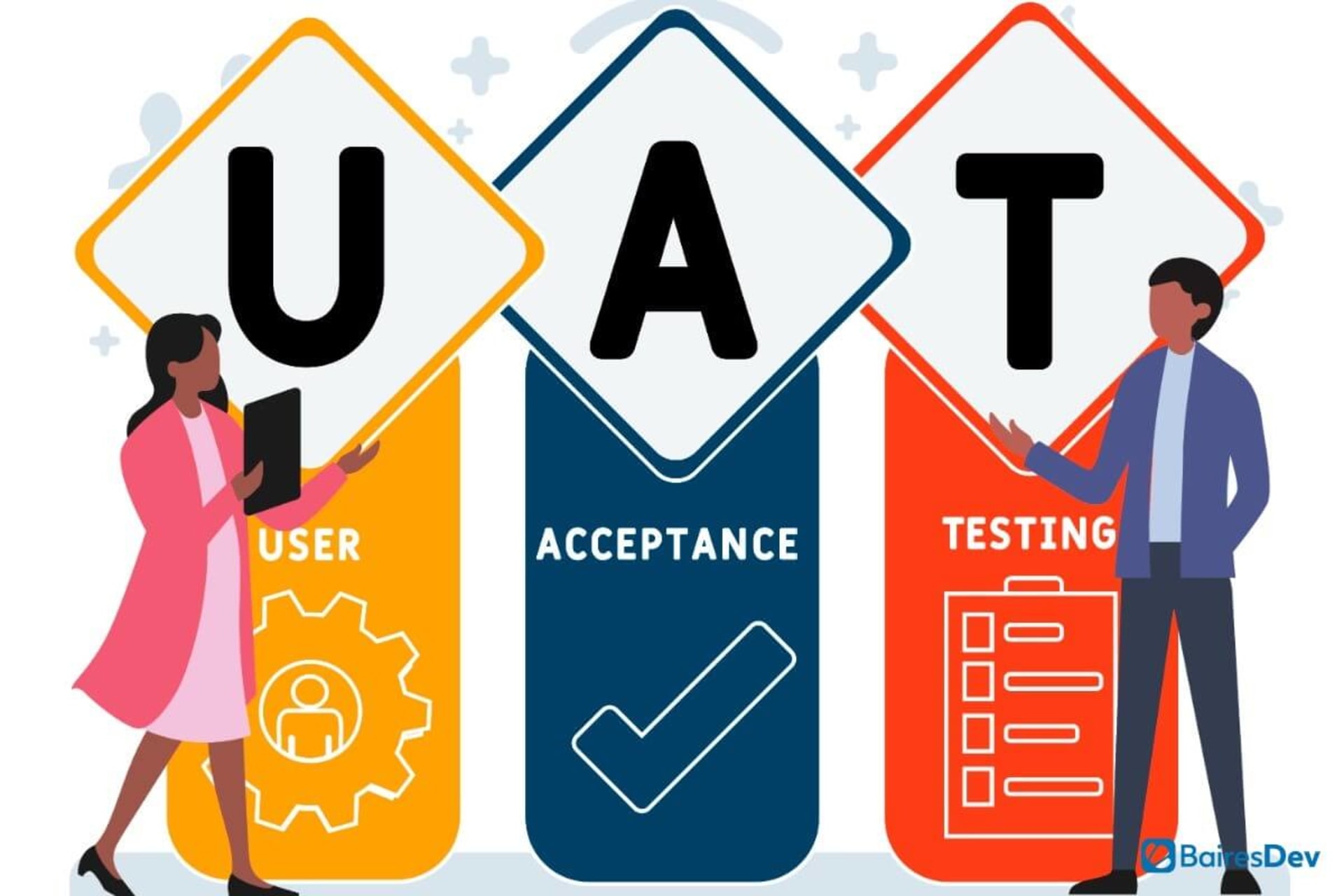A payment gateway/partner is a software/website that facilitates the smooth transfer of funds between customers and online businesses. They make online shopping and payment processing easy and secure.
In today’s time, when most business deals happen online, it’s very important to have a payment partner that can ensure the safe transfer of money.
A good payment partner should be able to:
- Verify customer payment details
- Authenticate the availability of funds in the buyer’s account
- Transfer funds to the vendor’s account
- Confirm transactions for both the customer and merchant.
Some of the popular payment gateways that businesses use are PayPal, Skrill, Stripe, and Braintree. In addition to these, major companies such as Amazon and Facebook have also started their own payment processing gateways.
Types of payment gateway
There are 3 types of payment gateways that you can use for your business.
Hosted gateway
A hosted gateway redirects your customer to a different web page where they enter their payment information. Once the transaction goes through, the customer is then sent back to your web page for the final checkout. That’s where the final order is processed.
This method is easy to implement as it doesn’t require the merchant to be PCI compliant. The merchant also doesn’t need to store any financial data. The control of the whole transaction is in the hands of a third-party payment partner. Thus, it reduces the risk of storing sensitive information on the vendor’s website. An API redirects the user to the gateway.
This method is recommended for small businesses that don’t want to deal with compliances and data security issues.
Direct Post gateway
This payment method allows the customer to transact without leaving the merchant’s website. Transaction information is collected from the customer and sent to the gateway. The merchant doesn’t store any information. All information is stored by the browser. It sends the information to the gateway for transaction approval via HPP messages through JSON string.
An API connects the payment gateway to the website. This method doesn’t require the merchant to be PCI DSS compliant since they aren’t handling financial data.
Non-hosted gateway
In this method, no third parties are involved in transaction processing. Instead, the merchant itself handles the payments and is responsible for storing (and securing) data and verifying transactions.
One of the major benefits of implementing this method is that the merchant controls the whole scope of payment processing and transaction. The customer doesn’t have to leave the website. This improves brand recognition and user experience. The merchant can also easily customize the payment system to cater to business needs.
However, there are some issues. This method requires the merchant to be PCI DSS compliant. They are also responsible for software maintenance. However, this method is highly beneficial for medium and large businesses that want in-house payment processing.
Factors to keep in mind while selecting a payment partner
Choosing an appropriate payment partner for your business is essential. Since there are many options to choose from, here are a few factors to consider.
1. Gateway location
Before choosing a payment provider, you must first consider the provider’s geographical region. Is the provider licensed to operate in your country? Can your target audience access these payment providers without issues?
You also need to check the types of currencies, conversion rate, and payout frequency. Since many businesses cater to consumers worldwide, the payment provider should be able to convert money into local currency.
2. Payment method
This is also a key factor while deciding on a payment gateway. Most customers use credit and debit cards to make payments.
But the payment partner’s services shouldn’t be limited only to the popular payment methods. They should offer other modes of payments such as net banking, e-wallets, and vouchers. Also, they need to allow customers to choose a payment method based on their preference.
Cryptocurrency is also gaining popularity as a mode of payment. Make sure to check with your provider whether they accept popular crypto coins.
3. Affordability
You should always keep in mind affordability while selecting a payment gateway. It should be cost-effective to implement and operate your payment solution. Therefore, you should always consider costs such as the purchasing fee, subscription fees, payment processing fees, and service-renewal fees before deciding on the payment partner.
Also, check if your payment partner limits the number of transactions they can process per month to avoid paying overdue fines.
4. Support
You need to check on things such as transaction speed and overall experience before selecting a payment provider. It’s important to experience the whole process from a customer’s point of view. If there are any issues in the payment process, customers will bounce from the checkout page. Another thing to note is how quickly the customer service team responds to your queries when you raise an issue.
5. Security
Security is an extremely important concern while selecting a payment partner. Therefore, the gateway you’re using to store financial information and process payment should be PCI-DSS compliant. It should also have features such as OTP, fraud detection, embeddable checkout, and payment screening.
A good payment partner should also take care of risk control and minimization. They should also be responsible for other aspects of payment processing, such as automatic payments, multi-platform support, and dispute handling.
To sum up
Payment partners are an important part of an online business. A good payment partner improves customer satisfaction and ensures brand loyalty. They are essential to a company’s growth and smooth operations.
It’s highly recommended that online businesses accurately survey their business requirements and find a payment gateway that suits those needs. Implementing an efficient custom payment platform software development will result in more leads and increased business.






